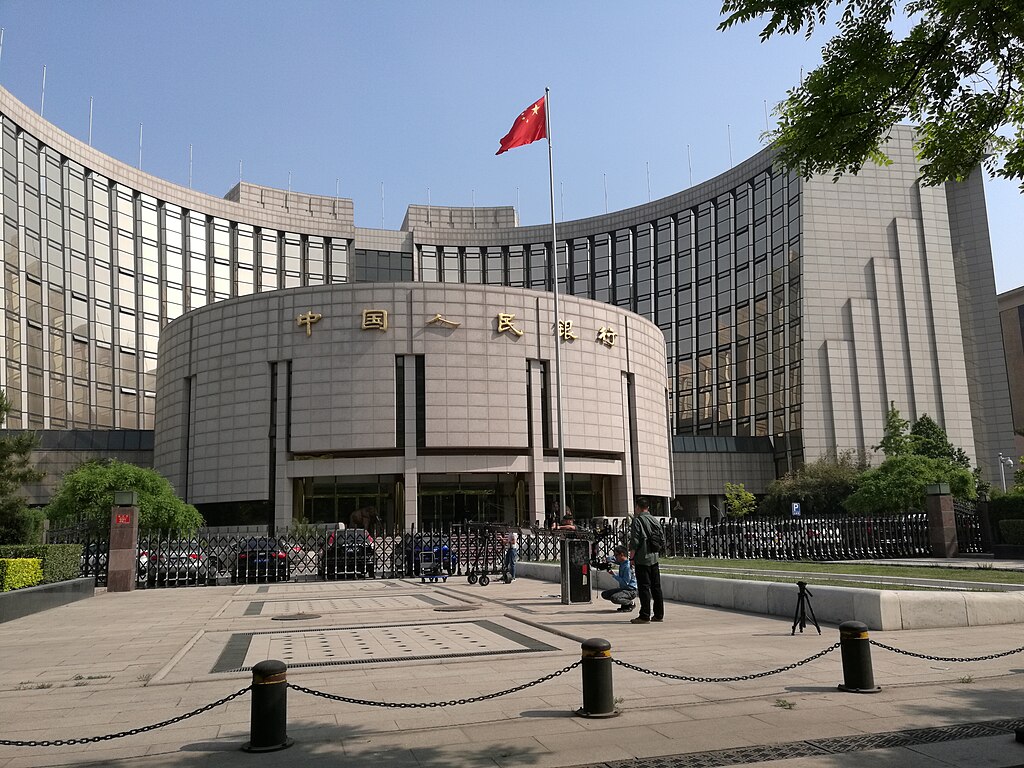
Imad El-Anis
Associate Professor in International Relations, Nottingham Trent University
Dr Imad El-Anis is an Associate Professor in International Relations and the Director of the Centre for Policy, Citizenship, and Society. He has teaching responsibilities at the undergraduate and postgraduate levels in the Department of Social and Political Sciences, and also supervises and examines PhD candidates.
Dr El-Anis' work is most closely associated with critical versions of liberal institutionalism and uses mixed methodological approaches. He has previously supervised two PhD candidates to completion and is currently supervising ten candidates working on the following projects: Crisis Management in Darfur, Globalisation and Central Bank Policy in Libya, US Security Policy in the Persian Gulf, Foreign Aid and Governmental Policy in Jordan, Migration and EU-North Africa Policy, Libyan-British Relations Between 1969-1979, Saudi Arabian Foreign Policy Towards Israel, The UN Special Tribunal and Lebanon, Iranian-Chinese Relations Since 2000, Globalisation and the Political Economy of Hydrocarbons in Libya.
His current research focuses examining economic integration and political cooperation in the MENA. This work explores the phenomena associated with regional economic integration which has long been a policy objective of governments in the MENA and has led to the development of a number of bilateral, multilateral and region-wide projects.
In particular the creation of preferential trade agreements in the form of free trade agreements (FTAs) and economic unions have sought to facilitate intra-regional trade and promote economic productivity in member states (in other words trade creation and not trade diversion). Many existing studies have sought to analyse the effectiveness of these policies in terms of their impact on economic development (which has been widely seen as the driving force behind these agreements) by using various methodological approaches that have favoured quantitative methods and positivist analysis.
Imad's research seeks to develop our understanding of the interests driving these policies, as well as their effectiveness in both economic and political terms. Using a mixed methodology and institutionalist theoretical assumptions this project explores the integrative impacts of various agreements, such as the Greater Arab Free Trade Area, on political and economic relationships.
- Market Data




































